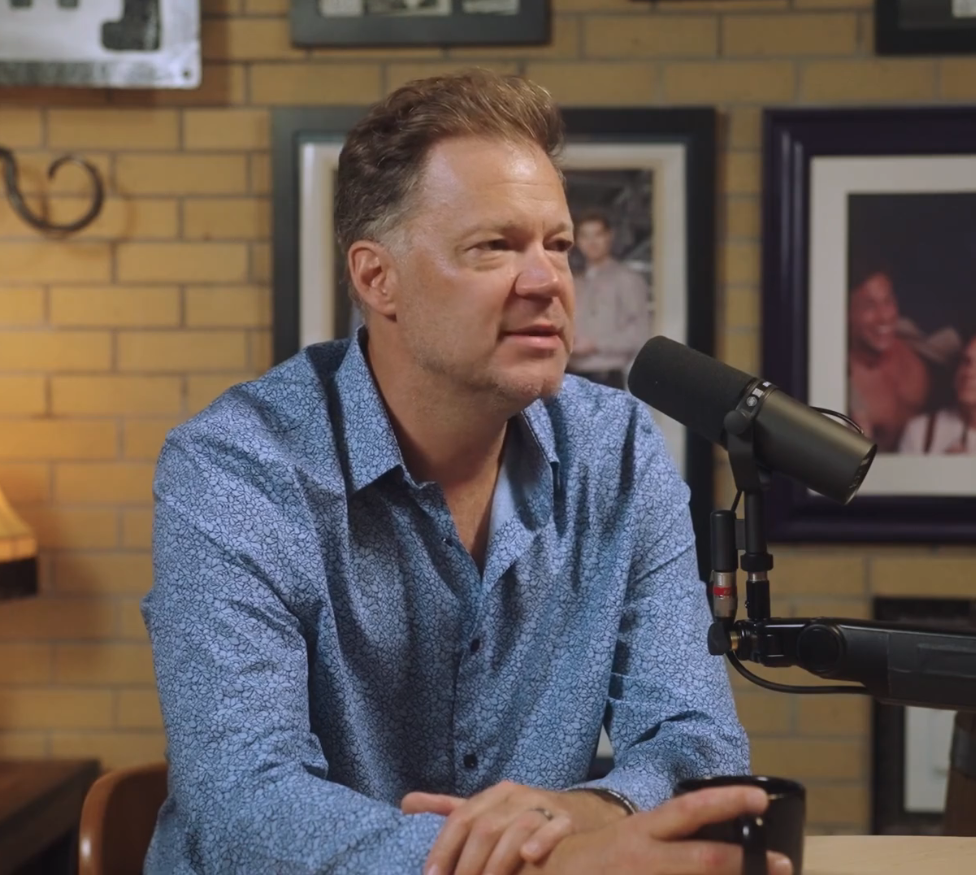
A couple years ago, I interviewed Matt Walsh about his movie “What is a Woman?” a popular but controversial documentary wherein Matt invited various professors, mental health professionals, and elected officials to answer that very question – what IS a woman? And boy, did they. When the movie was released, however, many of the people Matt interviewed were angry. They claimed that they had been deceived by the filmmakers, in much the same way Sacha Baron Cohen had duped the subjects in his Borat movies.
Matt Walsh, as you probably know, is strongly opposed to transgender surgeries on children, and highly critical of men competing in women’s sports. But he kept this fact from the subjects he interviewed, and some people thought that was fundamentally unfair. Well, the same thing is happening again, but this time, the outrage is even more indignant. The latest film from Matt Walsh and Justin Folk is called Am I Racist? The movie takes a satirical look at the anti-racist movement, the money being made by those selling the solution, and the rise of DEI policies in virtually every American institution.
In this film, Matt assumes the identity of a privileged white man who is afraid he might be racist. On his journey to become a more enlightened citizen, he asks another group of experts to help guide him to a more enlightened state. As with “What is a Woman?” Matt doesn’t argue with these experts. He just asks them questions, from the perspective of a guilt-ridden white man who wants to learn how he can be less racist. Well, the experts provide answers that are candid, instructive, and more often than not, hysterical. But once again, the experts are crying foul.
Robin DiAngelo, the author of White Fragility, is especially incensed. She just issued a statement explaining how she was “contacted under false pretenses.” According to Robin, she was asked to appear in a film called ‘Shades of Justice’ to speak about race relations in present day America.
“I later learned the film would be called, Am I Racist?” she said, and that it was designed to “humiliate and discredit anti-racist educators and activists. Matt Walsh presented himself as someone new to anti-racist work. He seemed earnest, and his questions did not come across as adversarial.”
That might explain why Robin followed Matt’s example and offered his black producer cash “reparations,” on camera.
“I realized later that I had been played,” she said.
So, what do you think? Was she? Was Robin DeAngelo unfairly misled? Was it wrong of Matt to pretend that his movie was an attempt to elevate DEI, rather than lampoon it?
Personally, I loved this movie for all sorts of reasons. Mostly, because I know that I’m not a racist and I have no patience for anyone who claims that they know me better than I do. I also happen to think that White Fragility is one of the most divisive, counter-productive, and patently stupid books ever published. But I’m not entirely unsympathetic to Robin’s position.
Once upon a time, early on in my own career, the people who hired me to sell their stuff or host their shows used my image in whatever fashion they wanted to. I had nothing to say about the approval process, and I signed dozens of releases that waived any claim to my name and likeness. That’s just how the business works. Later though, when I had more leverage, I started to demand approval of which images of me could be used. And then, (when I became a very big deal, ha!), I negotiated for and got the right to approve the context in which my photo was used.
In other words, if you really want to protect yourself, it’s not enough to control your name and likeness – you have to control the context in which your name and likeness is used. And that’s a level of control that very few people can get. Because, frankly, most people will sign whatever release is put in front of them, because they really, really, really want to be on TV, or on the big screen, or whatever.
Point is, Robin DeAngelo signed a typical talent release, and now, she’s screwed. She can’t very well say she was taken “out of context,” because she wasn’t. Her words and actions in the movie are hers, and she would look even more ridiculous if she said she didn’t mean to say and do precisely what she said and did when she knew the cameras were rolling. But the question remains – was it fair? Looking forward to your comments.
In the meantime, my guest this week is the film’s director, Justin Folk. His answer to that question is on the attached video. Our entire conversation is here.
Enjoy.
Mike’s Facebook Page
